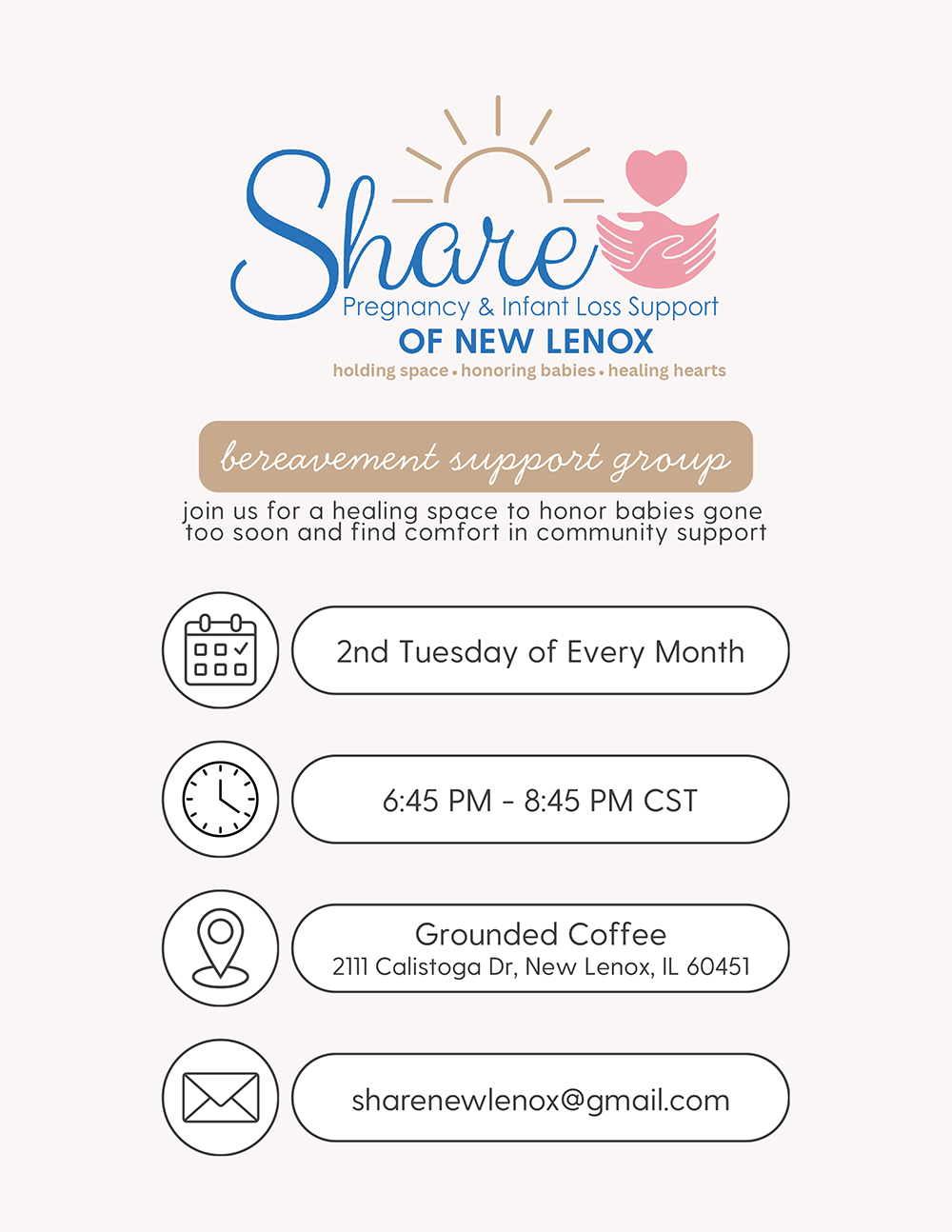
Pelvic organ prolapse is a condition that affects many women, often following childbirth, menopause, or pelvic surgery. It occurs when the muscles and tissues supporting the pelvic organs weaken, allowing one or more organs - such as the bladder, uterus, or rectum - to drop or press into the vaginal wall. While this condition can be uncomfortable and even distressing, pelvic floor therapy offers an effective, non-surgical treatment option that helps women regain strength and confidence.
Understanding Pelvic Organ Prolapse
Pelvic organ prolapse develops when the supportive muscles of the pelvic floor are unable to hold the organs in their normal positions. Common symptoms may include:
• A feeling of pressure or heaviness in the pelvic area
• Bulging or a visible protrusion at the vaginal opening
• Difficulty urinating or having bowel movements
• Discomfort during intercourse
• Lower back pain or pelvic aching
The severity of prolapse can vary, and symptoms may worsen over time if left untreated.
What Is Pelvic Floor Therapy?
Pelvic floor therapy focuses on strengthening and retraining the muscles that support the bladder, uterus, and rectum.
• Targeted exercises (Kegels and beyond): These exercises are personalized to improve muscle tone and endurance.
• Manual therapy: Hands-on techniques help release tight muscles, reduce discomfort, and improve alignment.
• Education and lifestyle guidance: Therapists may provide posture tips, breathing techniques, and advice to avoid strain during daily activities.
How Pelvic Floor Therapy Helps with Prolapse
By strengthening the pelvic muscles and improving coordination, pelvic floor therapy can significantly reduce the symptoms of prolapse. Benefits include:
• Improved support for pelvic organs: Stronger muscles help prevent further descent of the organs.
• Reduced discomfort and pressure: Therapy alleviates the heavy, dragging sensation often associated with prolapse.
• Better bladder and bowel control: Strengthening and retraining muscles can reduce incontinence or incomplete emptying.
• Enhanced sexual function: Improved muscle tone can lead to increased comfort and sensation.
• Empowerment and prevention: Learning how to properly engage the pelvic floor helps prevent worsening or recurrence.
Take Control of Your Pelvic Health
Pelvic organ prolapse can affect your comfort, confidence, and quality of life - but it doesn’t have to define your daily experience. With guided pelvic floor therapy, you can strengthen your body’s natural support system and regain control over your pelvic health.
If you’re experiencing symptoms of prolapse, contact Partners in Obstetrics & Women’s Health to schedule a pelvic floor evaluation and discuss your treatment options. Visit our office in New Lenox, Illinois, or call (815) 240-0554 to book an appointment today.









